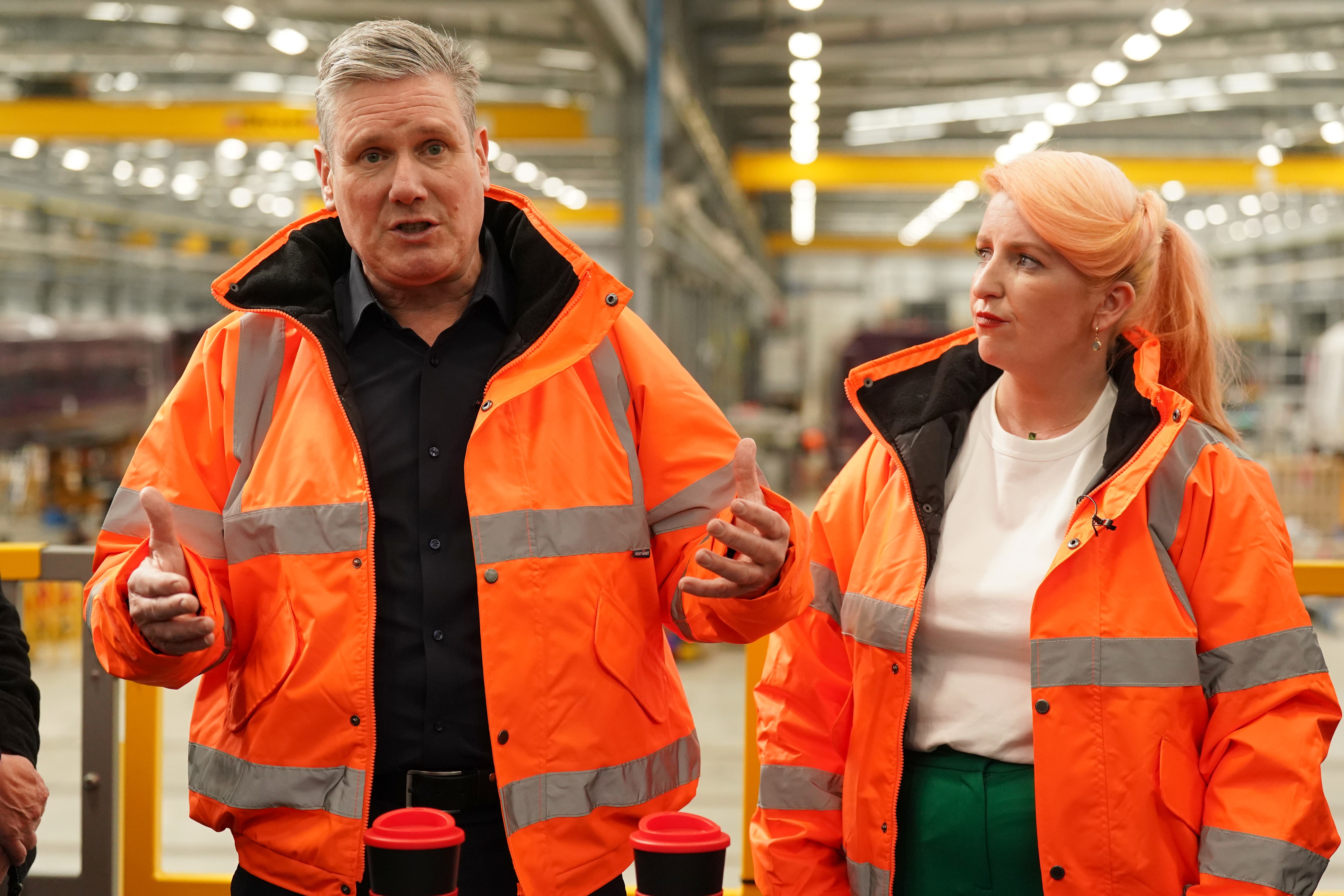ARTICLE AD BOX
The value of investments can go down as well as up. What follows is for illustrative purposes only. It is not a prediction. But it is possible to see how the Labour government could collapse over the next few years.
It seems unfair and even tasteless to mention it after Keir Starmer has succeeded beyond the dreams of his Conservative predecessors in negotiating trade agreements with India, the US and – on 19 May – the EU. The most populous market in the world, the richest market in the world and the market with which we do the most trade.
The nay-sayers and defeatists have been seen off. Those who said a trade deal with India couldn’t be done without issuing more visas. Those who said what a disaster it was to appoint Peter Mandelson as ambassador to Washington. And those who asked scornfully why the EU should give us anything. All wrong.
The prime minister has delivered by patient, pragmatic negotiation small but tangible gains for British living standards. He was entitled to tell The Independent in an interview on Friday: “Many people have talked about doing a UK-US deal and it’s Donald Trump and Keir Starmer who have gone and done it.”
Gratitude is rare in democratic politics, not that Starmer could have expected it from Louise Haigh, whom he sacked as transport secretary last year. She has demanded a “course correction” in an interview on GB News. She said the local election results were so bad “I felt I had the responsibility to speak out and echo what a lot of my Labour colleagues are feeling at the moment, but don’t feel like they have the platform to be able to do that”.

How selfless of her, speaking out on behalf of those Labour MPs who cannot say anything because they still hope for government jobs, the prime minister will no doubt think.
But what should worry Starmer more is the number of Labour MPs who don’t actually need Haigh to speak for them, but are prepared to give interviews saying for themselves that the winter fuel payment cut was a terrible idea and to sign letters saying that it is “impossible to support” Liz Kendall’s plans for welfare savings.
A letter to The Guardian on Thursday attracted more than 40 signatures, but there is another draft that is apparently being circulated that is said to have more than 80 names on it. The significance of that number is that the government’s working majority is 165, which means that it could be defeated if 83 Labour MPs vote against it.
We are a long way from that happening. When the vote on the welfare changes is held, probably next month, there is likely to be a large rebellion but not enough to block them.
The optimistic precedent for the prime minister is that 47 Labour MPs voted against Tony Blair’s government on a similar issue – a cut to lone parent benefit – just seven months after its landslide election. But Blair was blessed with a growing economy and healthy public finances, and Gordon Brown was able to reverse that cut with a scheme for child tax credits. Starmer and Rachel Reeves are in a different position.
Since the welfare savings were announced in the spring statement in March, the economic outlook has worsened. Although the US-UK trade deal was a negotiating triumph for Starmer, it only reduced some of the damage imposed by Trump’s trade war.
When Labour MPs say they want the government to change course, they mean they want it to spend more money. They want to “reverse the cuts”. But Reeves is going to have to make more cuts and probably raise more taxes in the autumn Budget. At which point it is imaginable that discipline among Labour MPs will start to break down.
This is the disaster scenario for Starmer. He set out the three priorities for his government after the local elections: “More money in your pocket, lower NHS waiting lists, lower immigration numbers.” The frightening question that Labour MPs ask is: what if we deliver only half out of three?
The NHS is the only one that is moving in the right direction, and even if the improvement picks up speed, the backlogs left over from the pandemic are so huge that long waits will still be the norm at the next election.
It seems unlikely that the economy will come to Labour’s rescue this time; as for immigration, the gangs are still unsmashed and The Times reports internal Home Office projections suggesting that legal immigration is going to be higher than previously thought.
That is why it is not alarmist of Haigh to describe Labour’s poor showing in the local elections as “the canary in the coalmine”. Those elections, in which Labour did worse than four years ago, when things were so bad that Starmer thought about resigning as Labour leader, could be brushed off as an (early) mid-term protest vote if there were a realistic prospect that the voters would soon feel better off, with a functioning NHS and immigration under control.
That is why I wrote last week that the prospect of Nigel Farage becoming prime minister has to be taken seriously. If Labour cannot put right the years of Tory failure on the cost of living, the NHS and immigration, the voters will turn to a third option, and it won’t be the Liberal Democrats.
Haigh sees the threat from Farage clearly enough. Her answer is to expand employment rights: “You know, banning fire and rehire is just almost as popular with Reform voters as it is with Labour ones. But they’re just not hearing it at the moment because we’re not taking the fight to them.”
She has a point, while avoiding a larger one. Immigration is the issue that drove the Brexit vote nearly a decade ago now; it is the issue that destroyed the Conservatives last year; if Labour doesn’t get it right, it could be swept aside too.
Worrying as it must be for Starmer to see so many Labour MPs opposing the government so early in the parliament, it may be that fear of Nigel Farage as prime minister is the only thing that is preventing Labour MPs sliding into civil war.









 English (US) ·
English (US) ·